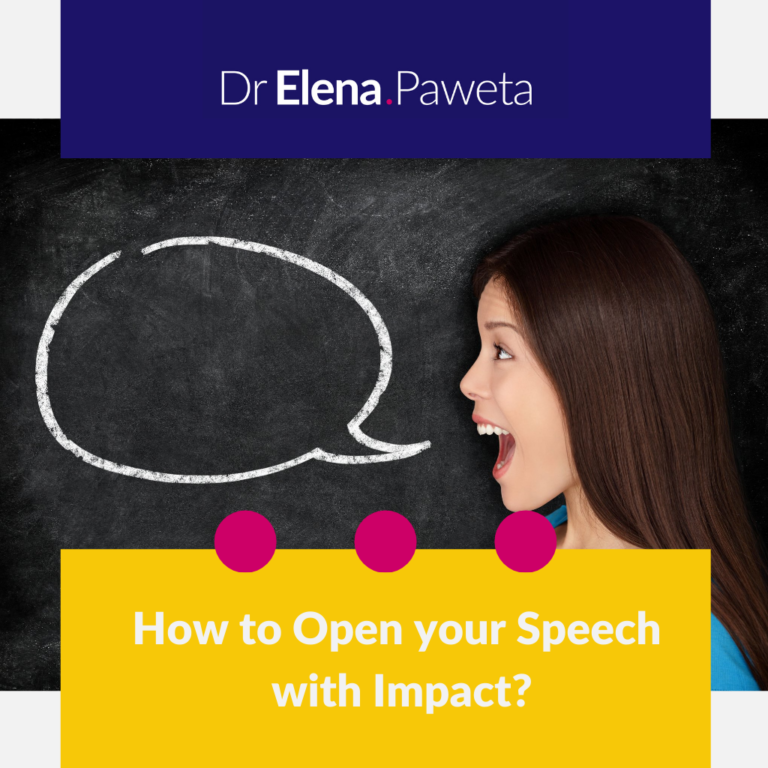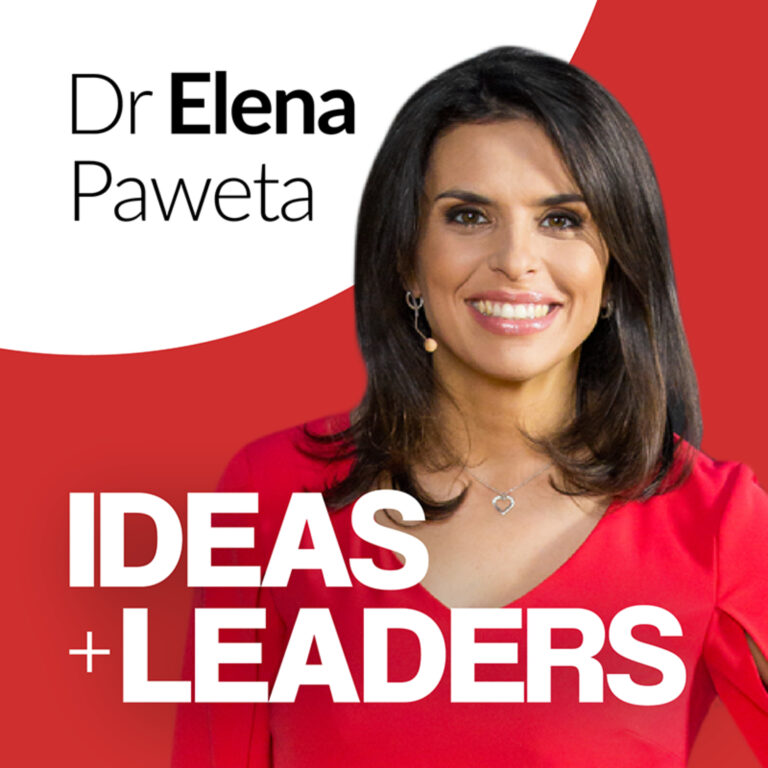How to Open your Speech with Impact?

“Over 20 million dollars for a nine-episode series. This is how much Netflix invested in “Squid game”.
That’s how I started my recent TEDx talk in Koszalin, Poland. Why? The opening of our speech often defines how the audience will “tune in” to all we are going to say.
To start with surprising, personalized data or statistics, is one of the good options to catch the attention of your audience. That is what I did with the Netflix example above. And it’s our goal, to start with power, to gain attention, to make the people listening to you focus on what you are saying.
Let’s see what else can come in handy. A powerful statement or controversial phrase.
Editors will quit reading if your opening sentence doesn’t zing, the same can be true about speeches. Use shock and awe, be controversial. Pamela Meyer started her TED talk on How to spot a liar like this: “Okay, now I don’t want to alarm anybody in this room, but it’s just come to my attention that the person to your right is a liar.”
I like to pose questions to the audience. Even not being asked to answer it’s natural the audience intuitively answers and at the same time engages with the upcoming narrative. “When was the last time you tried something new?”
Make the power of imagination work for you, opening your speech with “what if” or “imagine” scenarios. Invite the listeners to dive into your story from the very beginning, draw them into a vivid, sensory setting. John Lenon used that magical tool well: “Imagine there’s no heaven / It’s easy if you try/ No hell below us/ Above us, only sky…”.
A good, appropriate quote can set the mood for all the talk. I would start on any speech preparation with: “If I were to speak for ten minutes, I would need a week for preparation; in an hour, I am ready now.” – by Woodrow Wilson.
We have only seconds to catch the audience’s attention and around a minute to make the final decision whether to listen to us or not. Use this valuable time and plan your opening. Remember to use 1) surprising data or statistics, 2) Powerful statements or controversial phrases, 3) questions, 4) “what if” or “imagine” scenarios, or 5) quotes. Fingers crossed for you to win this attention game.
If you want to become a more impactful communicator – book an appointment with me and let’s discuss how I can support you.

